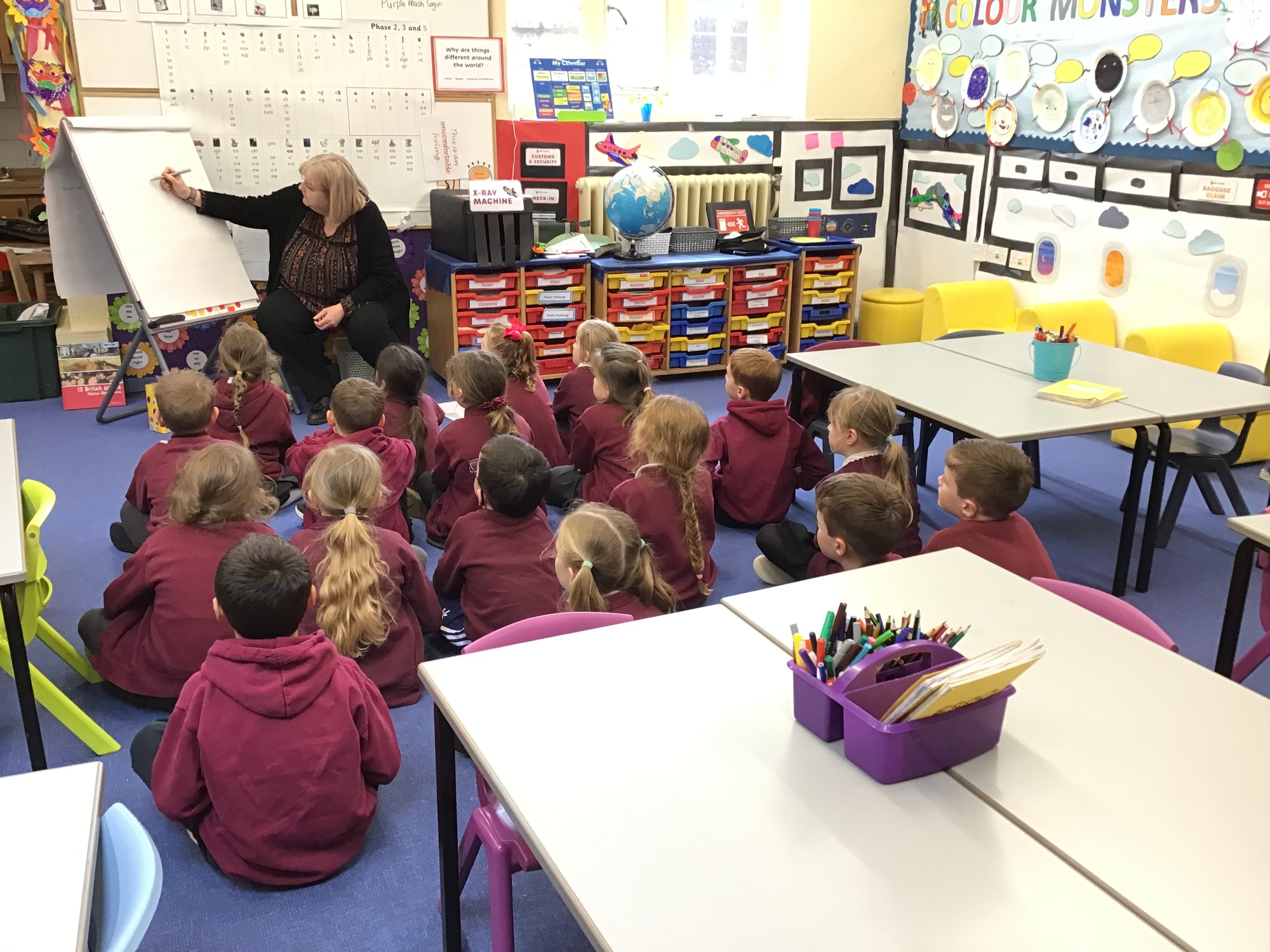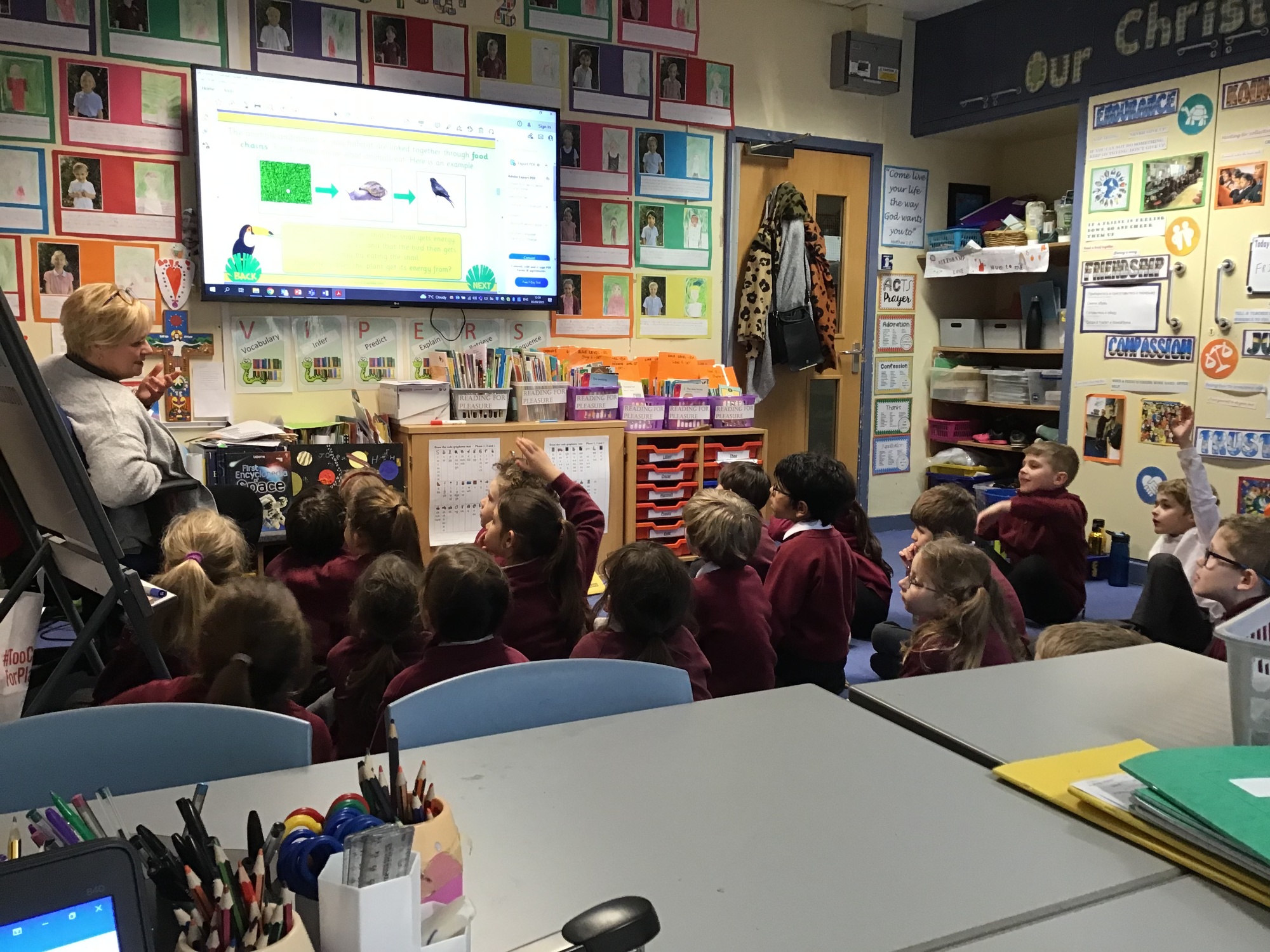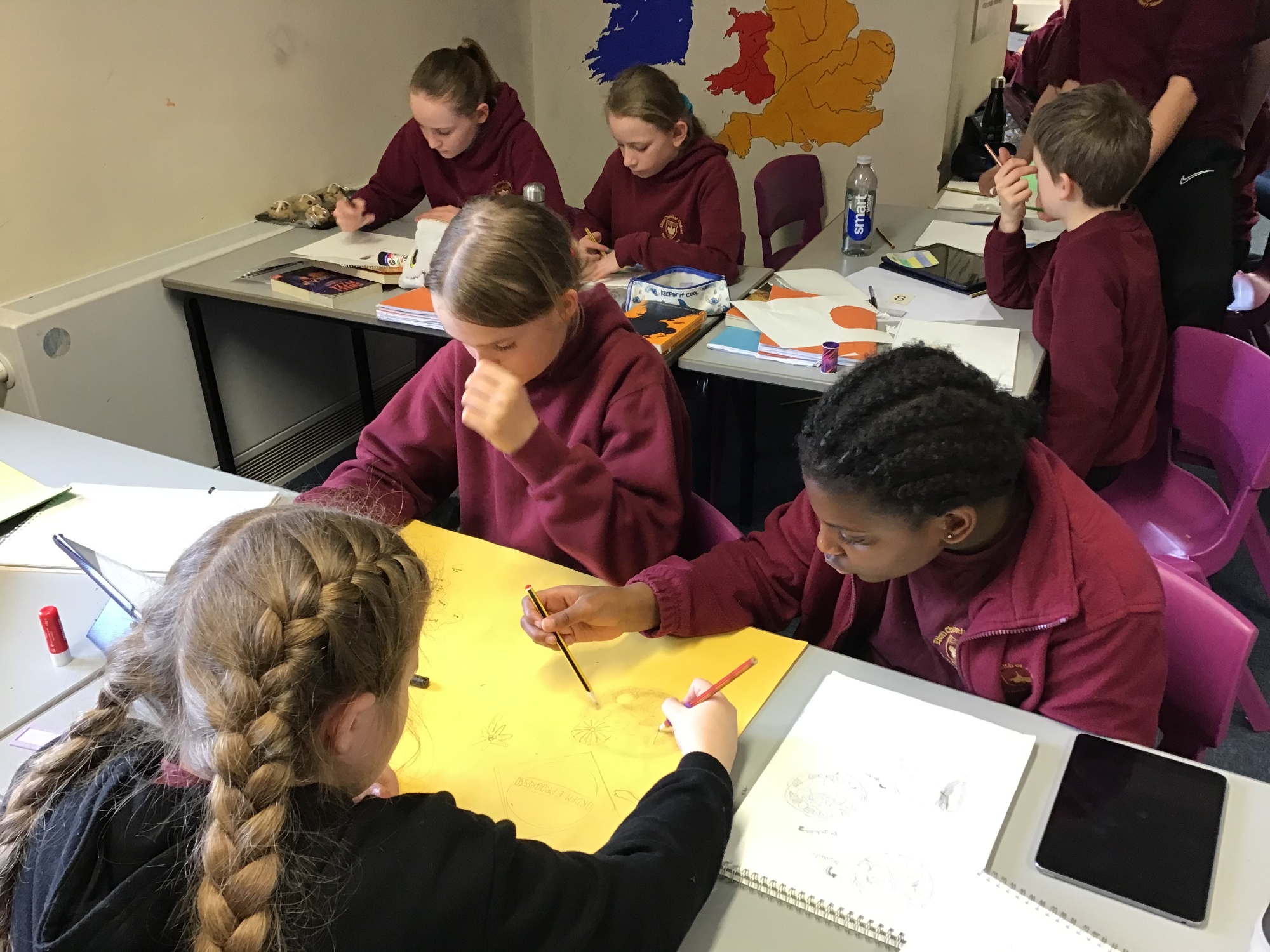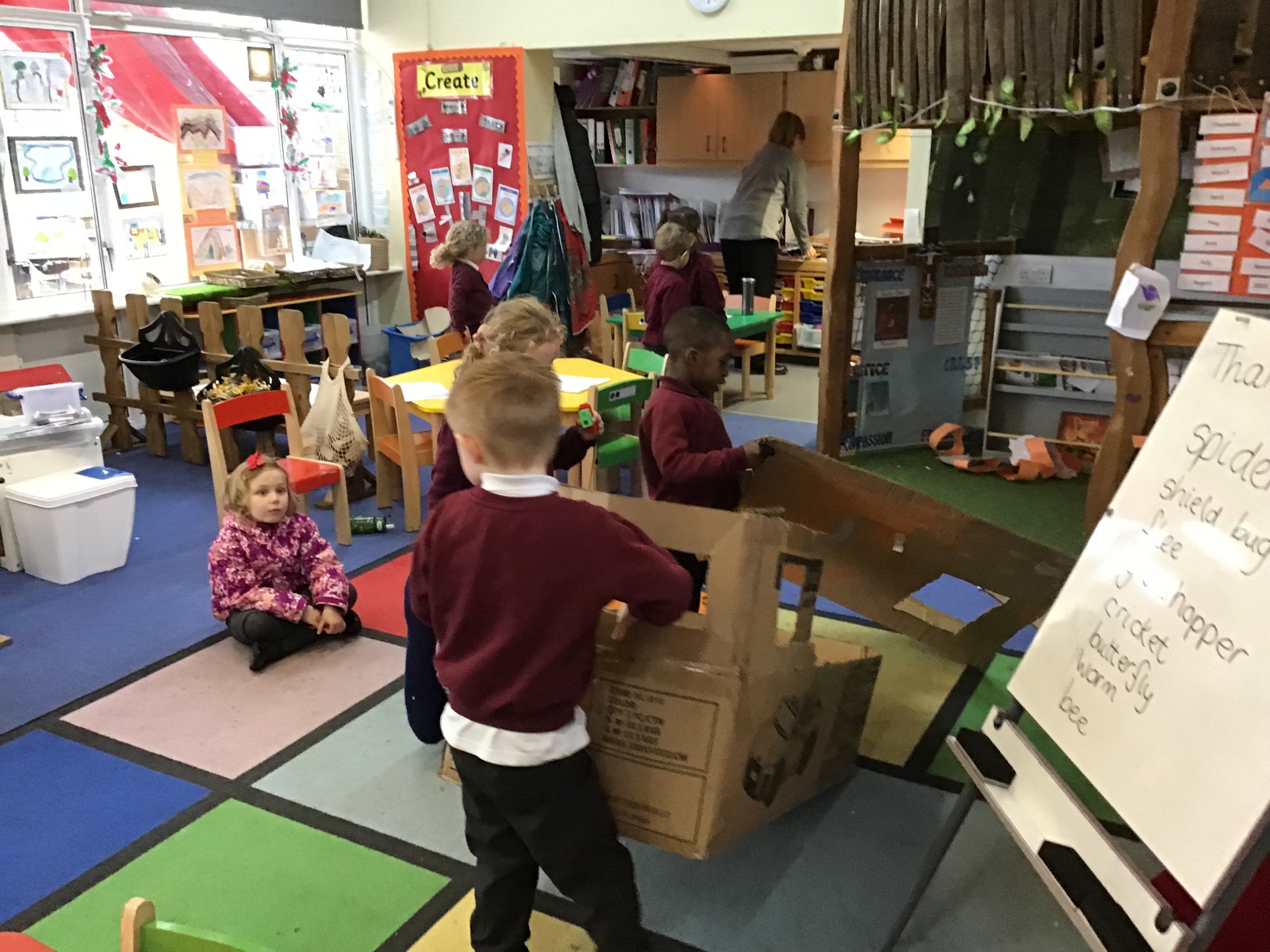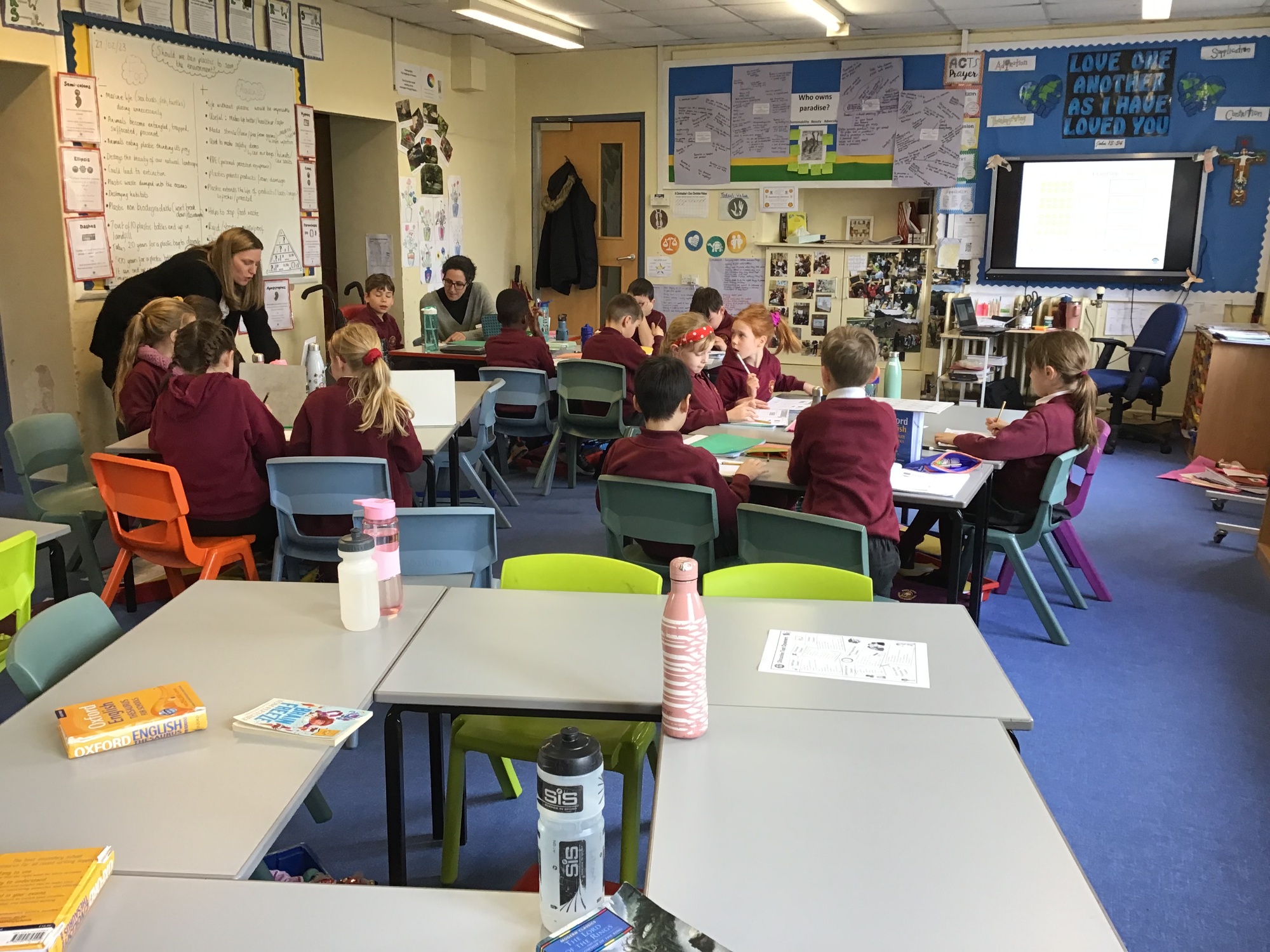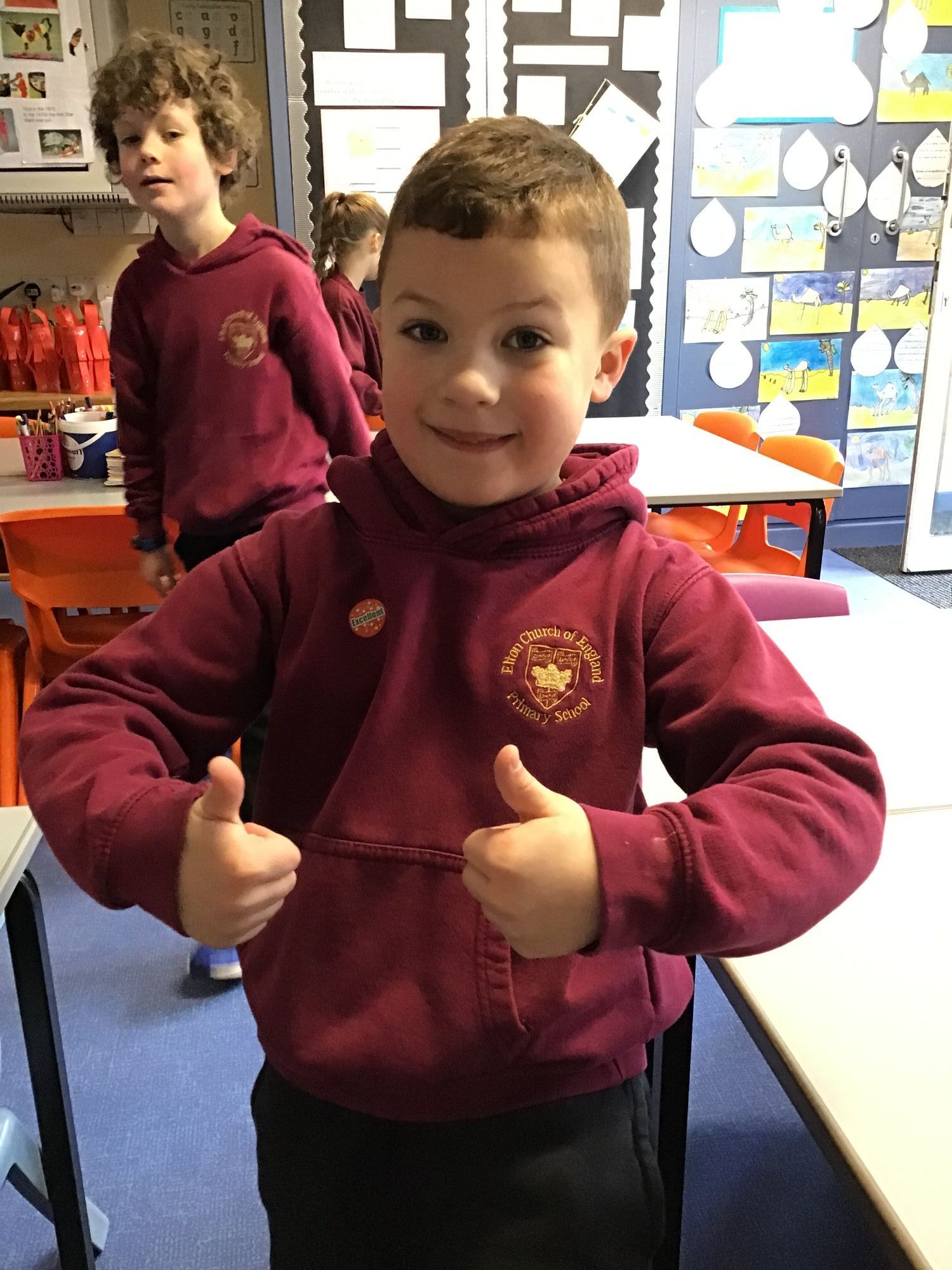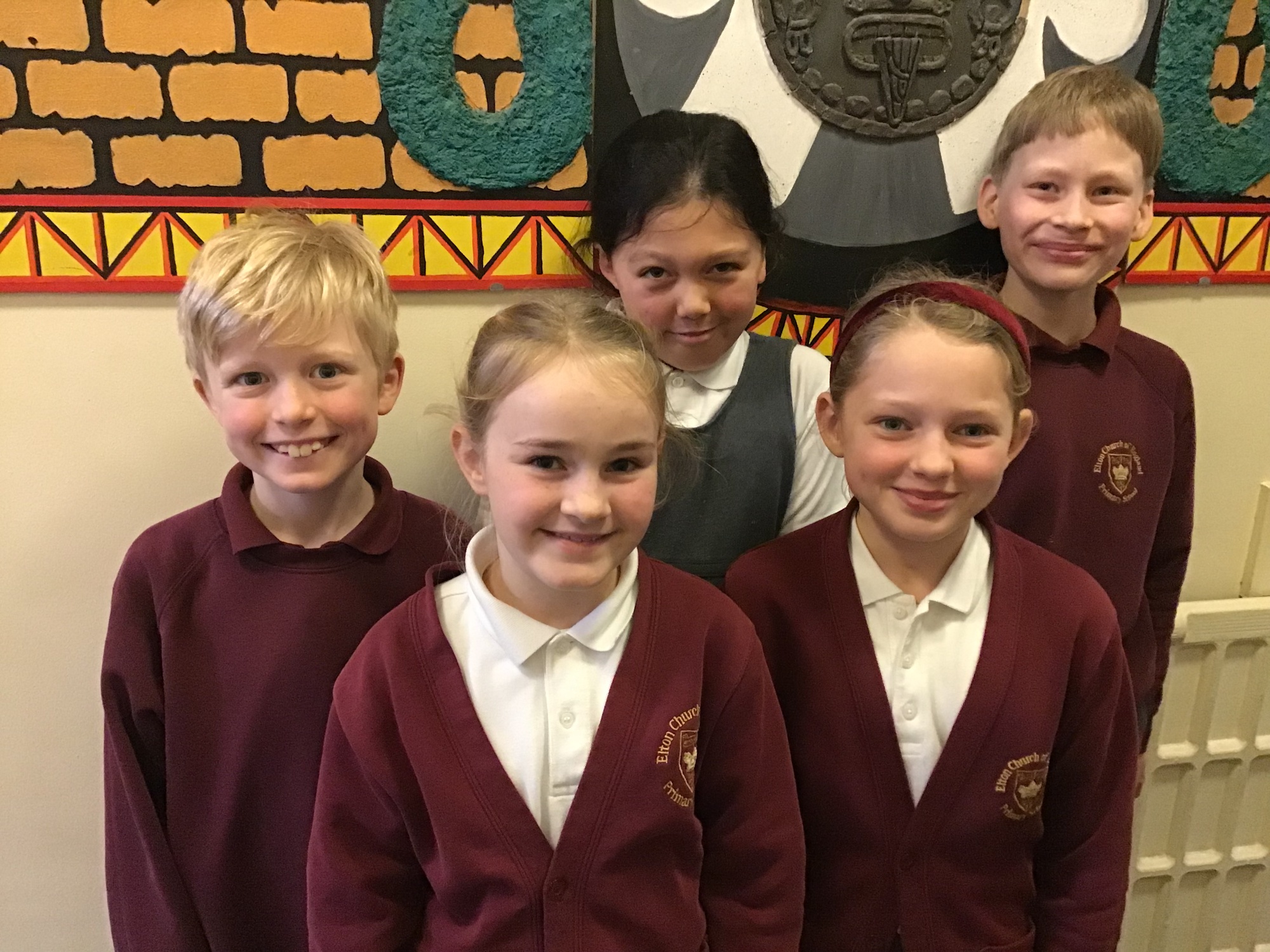Our Curriculum - Intent
Intent
We pride ourselves in providing our pupils with a broad and balanced curriculum which promotes and sustains a thirst for knowledge and a love of learning. We believe our curriculum exceeds the aims stated in the "National Curriculum in England" document which outlines the expectations of schools to:
- promote the spiritual, moral, cultural, mental and physical development of pupils at the school
- prepare pupils at the school for the opportunities, responsibilities and experiences of later life
Our Elton School Curriculum comprises all the learning and all the experiences that we plan for our pupils; this includes the statutory elements of the National Curriculum Programmes of Study for each subject, along with our own Elton "extras" - the additional opportunities and extracurricular experiences which bring our learning to life.
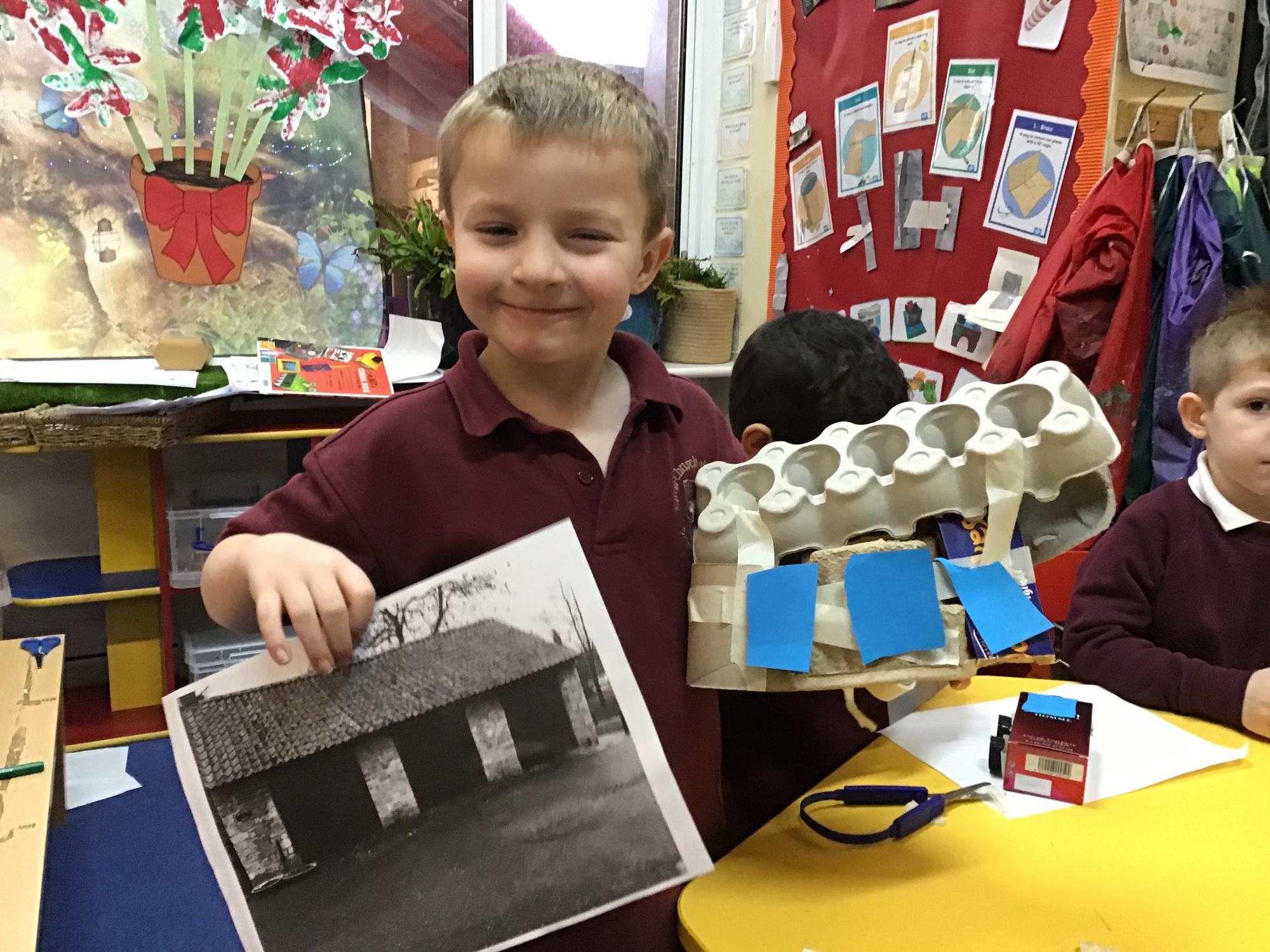
At the heart of our curriculum lies our "Big Question" model. This enables children to learn the necessary statutory programmes of study, but gives teachers and children the freedom to weave in associated areas of interest, hooks or current affairs to make the learning meaningful.
Underpinning each Big Question we have different concepts which not only enable children to establish links between the different subjects and make parallels between the areas studied, but also ensure that there is always a focus on human values, promoting the spiritual, moral, cultural and mental development of each child and encouraging empathy and awareness of themselves and others.
And finally, back to the beginning - our initial thought on intent behind our curriculum, was to approach it as a wish-list based on a hypothetical “no-limits” scenario. To form our wish-list we put the National Curriculum to one side and thought instinctively about what children should have the opportunity to access and experience during their primary school education for each subject strand. We then shared these thoughts with all stake-holders and asked children, parents and governors to add their ideas and voices too. Our finished curriculum therefore encapsulates the statutory requirements, but so much more. It is flexible, continuously evolving, and is personalised in its content and delivery to fit the learners and context of our school at any one time. We are always looking for evidence-based research to make things even better and to be confident that we are giving our children the very best start to their education.
